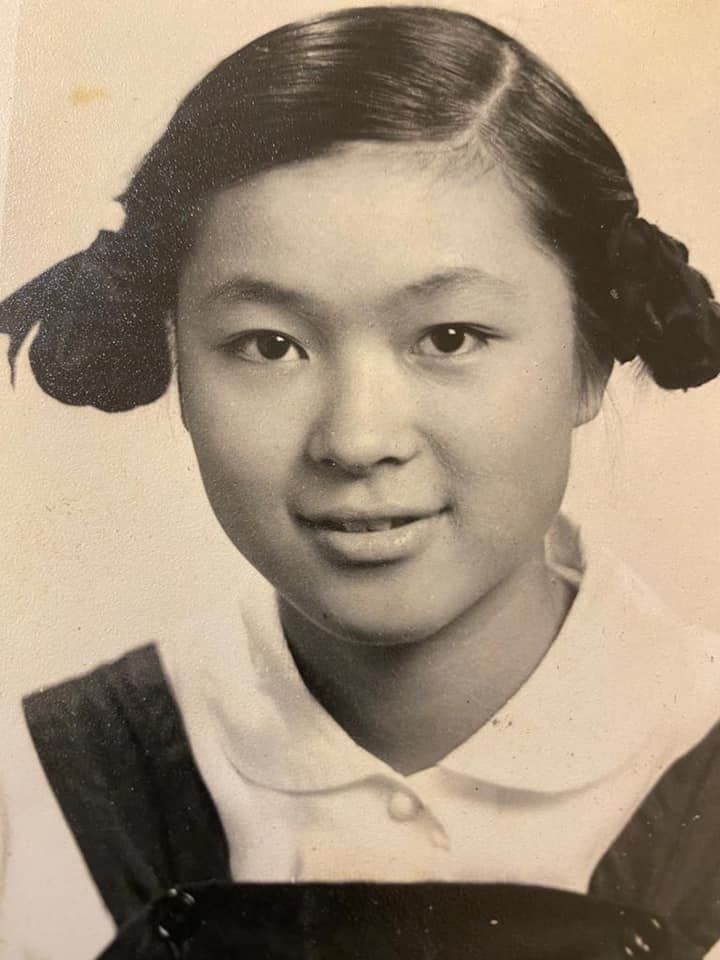Memoirs of a Loser 05: Pain
More than three months later, I received a letter from Li Yi, which simply said, "You haven't come back for a long time. Go home on Saturday after receiving the letter." I read this line of the most precious words in my life repeatedly. This means she has passed the test. I didn't think about whether I would be asked to apply for a household registration in my country of origin. I miss her so much, so much to see her, so much to know how she is doing. Is it okay to go back to where you are from?
On Saturday I go home to Shenzhen. This time, the Public Security Bureau did not ask me to report back to my place of origin. It seemed that the absurd regulations were lifted, and everything went back to the way it was.
Li Yi didn't say anything. In the evening, she solemnly said to me: "If I go to Hong Kong next time, I will not come back." This sentence means her complete change.
It was a choice that normal people would make. But people who love the country and the Party are not normal people. They are very people, and they may actually be abnormal people. After 1949, most of the people who lived in mainland China would not go back to Hong Kong. There are more and more mainlanders who have tried every means to come to Hong Kong through various legal and illegal means. However, since Liyi went to Guangzhou to study in 1954, she later went to teach in Guanlan, Baoan County, Guangdong, and then was transferred from Guanlan to Shenzhen. She has been approved to come to Hong Kong almost every winter and summer vacation for more than ten years, and she always went back before the school started. . Every time I go back, I am reluctant to leave. My father and many friends said that she could find a job in Hong Kong, but she always refused, because the motherland cultivated her and had to obey the assignment of the organization. She is not normal. I didn't force her, so I'm not normal either.
Until the Cultural Revolution began in 1966, schools were closed, and then classes were resumed to create a revolution. The school set up a revolutionary committee, and then military management. Soldiers who did not understand education or even had a low level of education were the directors of the revolutionary committee, that is, school leaders. As a physics teacher, Li Yi was assigned to teach politics and revolutionary literature and art classes in singing and dancing. In an abnormal environment, the school also has no winter and summer vacations, so I don't even think about applying to go to Hong Kong.
In the evening, she told me that she had suffered from a lung disease not long ago and had vomited blood. Tell me to buy her some oral medicine for her lung disease next week.
That night, and for quite a long time after that, she didn't tell me about the three-month censorship, and she didn't want to touch the wound. But I felt she was as determined as she was awake. The 9-year-old daughter took care of her mother for three months, helping her with food, water, and laundry. She was also bullied and beaten by her classmates because of her "spy father". Decades later, my daughter told me the details of those months. The wife later said two things. One is about the letters I sent to her. Although most of the letters she sent were burned at the beginning of the Cultural Revolution, there were still a small number of letters sent later that were searched without being burned. Eyes, to magnify and scrutinize every sentence in the letter, it is extremely boring, ignorant and insulting. For example, when I mentioned some friends I knew together and used their English names, the censors asked me who they were foreigners? Is it the UK or the US? When Liyi said she was Chinese, they laughed: "Do you think I'm a child? Do Chinese people use foreign names?" Acquaintance, long-term deep understanding, this is absolutely impossible. The censors said that the organization has sufficient evidence, do you believe in the party or your husband? The Chinese Communist Party is so great, glorious and correct, and her husband is so insignificant and wrong, how could she say that she believes in her husband but not in the Party? But then the censor asked her, you work in Shenzhen, how do you cooperate with your spy husband and provide him with classified information? Li Yi understood at once, she said, "I don't know if my husband is a spy, so I believe in the Party, but I know whether I am a spy or not. You say this, I even take back what I just agreed that he was a spy. This led to greater and more severe torture. However, she said it may have been her strong reaction that finally got her through.
Compared to the brutal treatment that many people suffered during the Cultural Revolution, Liyi's past few months were nothing. But she said that the general feeling at that time was like the sky was falling, and she even hoped that there would be a big earthquake and everyone would die together.

(Article published on April 30, 2021)
"Memoirs of a Loser" serial catalog (continuously updated)
("Memoirs of a Loser" was previously published in "Apple Daily" and is now serialized in Matters)
Like my work? Don't forget to support and clap, let me know that you are with me on the road of creation. Keep this enthusiasm together!



- Author
- More